Also seen on : http://thealternative.in/travel/why-i-do-not-love-travelling/
Yes, you are awesome.
You are an escapading, adventuring, questing piece of brilliance. Carefree and casual, you walk through the streets of any city, shaking hands with street vendors, high-fiving school children, and bargaining with the closest auto-walla. Today it’s a temple, yesterday it was a palace, and tomorrow it’s a hike – to a temple (in a palace). Before you reach your destination you have the tour book memorized (or are you the type who eschews tour books altogether has already begun to use it as toilet paper?). You are a postcard-scrawling, shade-sprawling, beach-balling traveler, bouncing from souvenir stall to bar crawl. You’ve no challenge in constructing a 140-character epithet that communicates to your internet social life the elusiveness of daylight, the splendor of the moment, the extraordinariness of the experience. Life is good: the world is being seen, changed, experienced.
I love you, transitory traveler, for all that you are: from the sandal-tan on your feet to the local headgear you sport ironically. From the slightly-too-sexy number dangling off your shoulders to the less-than-sexy holes in the crotch of your decaying denims. I love you, but I do not envy you.
When people hear about where I go and what I do, they often exclaim over the amazement of travel – “You must love it!” they encourage. “Tell me some of your craziest stories!”
Confession: I do not love traveling. Here’s why.
According to the United Nations Environment Programme (UNEP), 2001, there are three main impact areas of tourism on the environment:
- natural resources
- pollution
- physical impact
In terms of natural resource depletion, tourism/travel increases consumption in areas where there are already-scarce resources. Water, land degradation, and local resources are all great examples. A case study can be found in the city of Jaisalmer, India. Jaisalmer is essentially a giant sandcastle. It is a fort where a royal family formerly lived, and still exists today in all of its glory. However, Jaisalmer is in the middle of the desert.
Water is already scarce, and the methods that the original fort architects used to channel water inside the fort are delicate. According to The Smithsonian, "The hotels, restaurants and shops that dot the historic ridges import nearly 50,000 gallons of water daily." This is severely eroding the in-built water channel architecture and also causing the fort to sink into the desert ground beneath it. Residents, architects, and heritage groups are problem-solving what can be done about Jaisalmer its imported desert-oasis. PollutionTourism causes the same polluting outcomes as many industries do, including but not limited to: air emissions, noise, solid waste and littering, releases of sewage, oil and chemicals, even architectural/visual pollution. Some studies have estimated that over 10% of the carbon in the atmosphere comes from airplane travel. On websites such as TerraPass, you can check out your carbon foot print from your air travel. Physical ImpactPhysical impact refers to the degradation of ecosystems such as beaches, mountaintops, and forests. One example given by the Global Development Research Center are safaris. According to the site, "Wildlife viewing can bring about stress for the animals and alter their natural behavior when tourists come too close. Safaris and wildlife watching activities have a degrading effect on habitat as they often are accompanied by the noise and commotion created by tourists as they chase wild animals in their trucks and aircraft. This puts high pressure on animal habits and behaviors and tends to bring about behavioral changes. In some cases, as in Kenya, it has led to animals becoming so disturbed that at times they neglect their young or fail to mate." Study Abroad & Environmental ImpactWhen we think about tourism, environmental impact does come to mind because tourism is mostly a one-directional activity. As a consumer, there is a social responsibility to give something back.However, in study abroad, students may often feel that because they are participating in cultural learning and not strictly consumption-related activities, they are less accountable for the environmental impacts of travel. They may feel that they are already "giving back." To my mind, as someone with even higher community-level integration, study abroad participants should be even more accountable for the environmental impact of their actions. Think about the decisions that you make that result in natural resource use, pollution, and physical impact of ecosystems. What sort of changes can you make in your lifestyle?
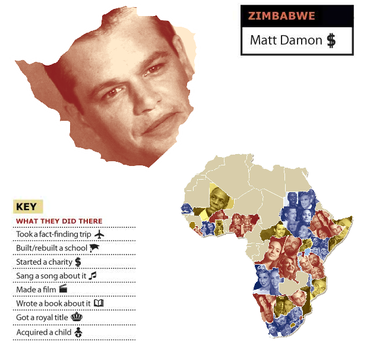 Mother Jones has created an interactive map of Africa that reflects each country's celebrity sponsors. On the left, you can see a screenshot of Zimbawe, where Matt Damon has started a charity. In her article "The Smiling Faces of Young Africans" scholar Kathryn Mathers looks at the recent trip of baseball player Clayton Kershaw to Zambia. She analyzes an article written on the subject, calling out its lack of specificity of the actual work Kershaw was doing and portrayal of Zambia as a country with only (joyful) children. Mathers comments: "The ‘discovery’ that many travelers make – that people living in poverty in Africa are not hopeless, discontented or nasty – makes it very easy to help them." Mathers argument echoes a quote by Slavoj Zizek, political philosopher: "It is easier to have sympathy with suffering than sympathy with thought." As long as Americans see Africa as a place where they can exercise their privilege, it will act mainly as a venue for their own emotional gratification.
 Image of Kershaw and his girlfriend posted on the original blog Africa's a Country When celebrities get involved in humanitarian efforts, questions of global engagement are augmented by the presence of immense wealth and fame, in addition to being plastered across the global news and entertainment media. Though celebrities may make personal discoveries while abroad, just as study-abroad students do, many times the discoveries they make about the world allow them to stay within their comfort zone, rather than challenge and dismantle it. Mathers says, in her article, "It is a cliché that travel is about finding yourself and not really learning about the places through which you travel. But Kershaw doesn’t even really find himself in Zambia. He finds a comfortable space in which to inhabit his American privilege without having to question it. " On this website, an explanation of study abroad privilege and privilege in general can be found here. More articles like Mathers' quoted piece, as well as more of her work, can be found in the further reading page.
Internet humor, even the humor that is mediocre at best, has a powerful way of speaking to a wide audience. When memes, blogs or other commentaries are published, their hyper-reproductive nature allows them to make a big impact in a short time. Below there are several popular pieces of internet humor that are associated with global engagement. You may have seen them before, as a pre-departure student. As someone who is studying abroad currently, how do you respond to these jokes? Do they seem more or less accurate? Do you have a new spin you could put on them?
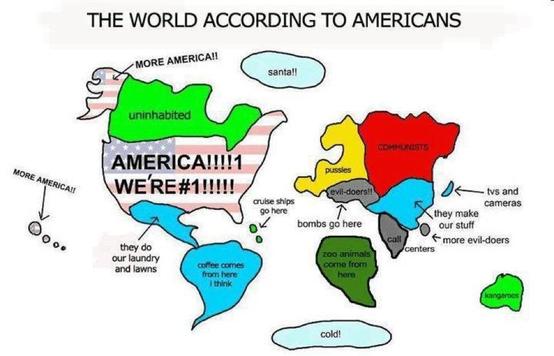 "The World According to Americans" |  "First World Problems" meme. Click on the image to be redirected to a site with loads of examples.
|  Stuff White People Like is a blog-turned-book that delineates aspects of White American culture that may be surprising. Included on the list is STUDY ABROAD! What do they have to say? "In addition to accumulating sexual partners, binge drinking, drug use and learning, white people consider studying abroad to be one of the most important parts of a well rounded college education." Read on if you're brave enough.
 I Studied Abroad in Africa!This Tumblr collects images posted on Facebook of the typical American-girl-goes-to-Africa poverty outreach/tourism trip and provides 100% sass in response. The comments left by the subjects' facebook friends usually suffice, though.
SIDE NOTE: There is of course a conscientious American contingent that fights back against these internet-style Negative Nancies. Here's an example of backlash to the first image posted, "The World According to Americans," by www.xkcd.com.
The three videos below take on the challenge of fracturing the "Single Story", discussed by Chimamande Adichie in her TED talk "The Danger of the Single Story" (found here). Do you think they meet the challenge? How is the story told in these videos different than what is seen in photos called out in this blog?
Originally posted on Sociological Images 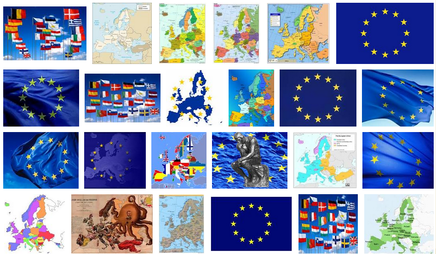 Google Images search for "European"
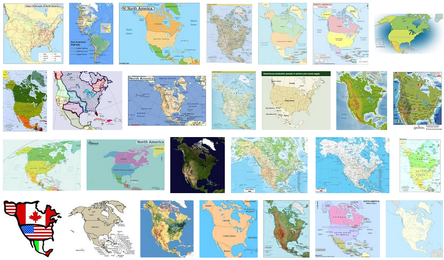 Google Images search for "North American"
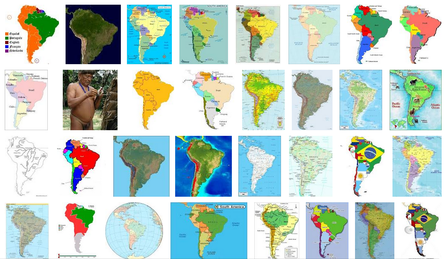 Google Images search for "South American"
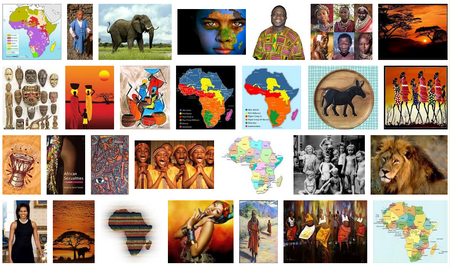 Google Images search for "African"
 Google Images search for "Asian"
The podcast above is from the November 2, 2010 All Things Considered NPR radio show. You can find the transcript here. The voluntourism debate on Social Edge asks the questions:- What can social enterprises that lead individuals to live and work in developing communities do to avoid the potential harms of voluntourism?
- Are concerns over stated?
- What ideas do you have for establishing more effective cross-cultural understanding?
The blog "More than Good Intentions" offers an opinion on "Hug an orphan" vacations. The scholarly article "Inside the thriving industry of AIDS orphan tourism" from the HSRC provides an analysis.
Confronting the Demons of Ethnocentrism 17 Jun From the ‘remastered’ series, Confronting the Demons of Ethnocentrism first appeared on the old version of Tales From the Hood on Saturday, 31 May, 2008. * * * * * My colleagues and I have a tendency to think of ourselves as ‘liberal’, ‘open-minded’, ‘cosmopolitan’, ‘multi-cultural.’ Because of our work, we are able to enjoy the feeling that we perceive the reality. We analyze and deconstruct and apply various psychological, political, and social science theories to what we hear in the news or encounter. We package the world and it’s problems into neat little categories and assign solutions that seem exceedingly obvious (e.g. don’t bomb innocent civilians). We are in touch with the real issues. Some of us revel in being misunderstood by our neighbors or railed against by indignant right-wing radio evangelists. We buy free-trade coffee; we make our offices “paperless”; we boycott athletic wear companies who – we have heard – use sweatshop labor in Bangladesh or Ghana; we adorn our Jettas or Civic hybrids with bike racks and stickers that read “ Give Peace a Chance.”But there comes a point when it becomes (temporarily) impossible to maintain an air of open-minded relativism. At some point you will encounter another culture that drives you crazy, and it will not be pretty. An accomplished professor of chemistry whom I had the opportunity to interview several years ago, sharing his perspective on a general lack of belief in God among his colleagues (he was a devout Christian) had this to say: “For staunch atheists I can think of only one cure: strip them naked and drop them off, without food or water, in the middle of a remote jungle. Within one week they will believe in God.” There are many things that I can’t claim to understand about God. I do, however, know what it is like to be stuck in the jungle. And whether that jungle is a literal one, a concrete one, or simply a metaphor for an impenetrable tangle of cultural signals, the effect is the same: within a very short time even the most staunchly relativistic among us will doubt our beliefs. We will face the demons of ethnocentrism. Oh yes. It is one thing to sit in the relative comfort, cleanliness, peace and quiet of a classroom on the campus of a public liberal arts university and arrive at the conclusion that economic and social inequity in the world is, at the end of the day, the result of ethnocentrism. It is one thing, in such a setting, to feel exhilarated by one’s own ability to deconstruct this ethnocentrism for what it is. It is easy to feel a sense of smug enlightenment – we understand what far too many of our elected leaders and non-elected peers have either never understood or are simply ignoring: that third-world poverty is the result of ongoing oppression and exploitation of less developed countries by more developed countries.
|
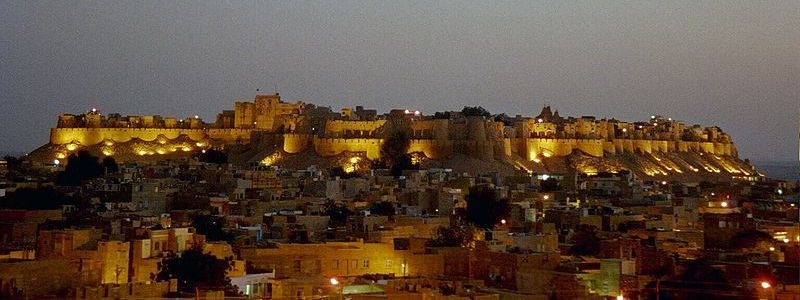






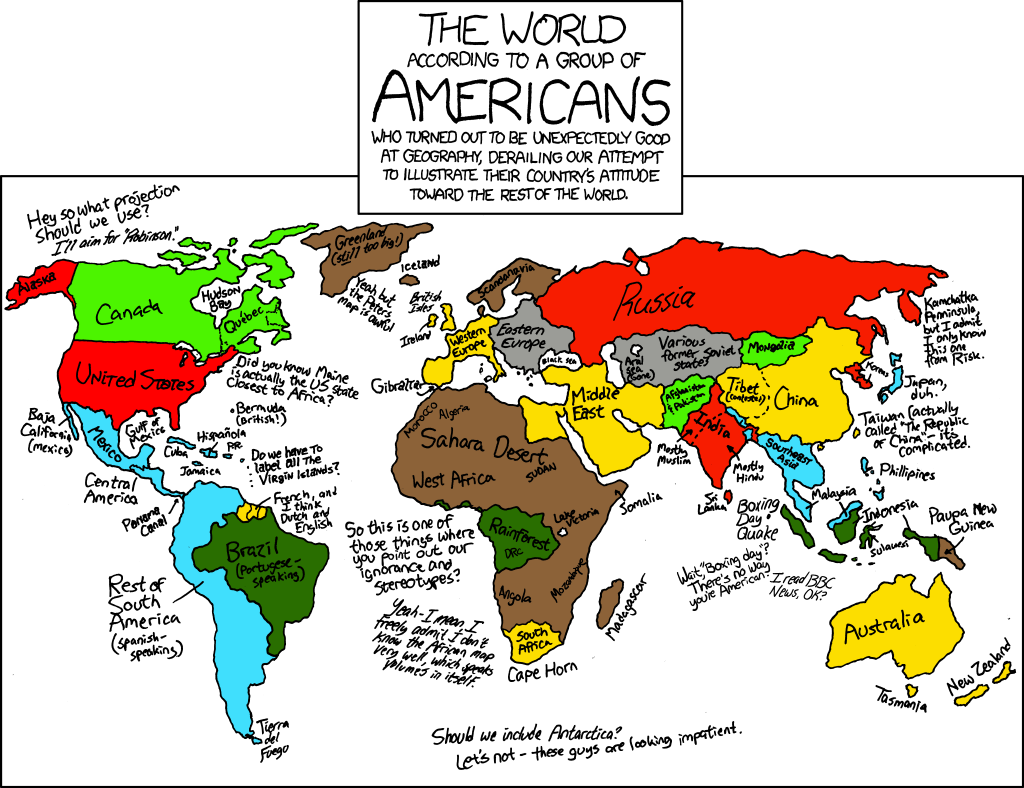





 RSS Feed
RSS Feed